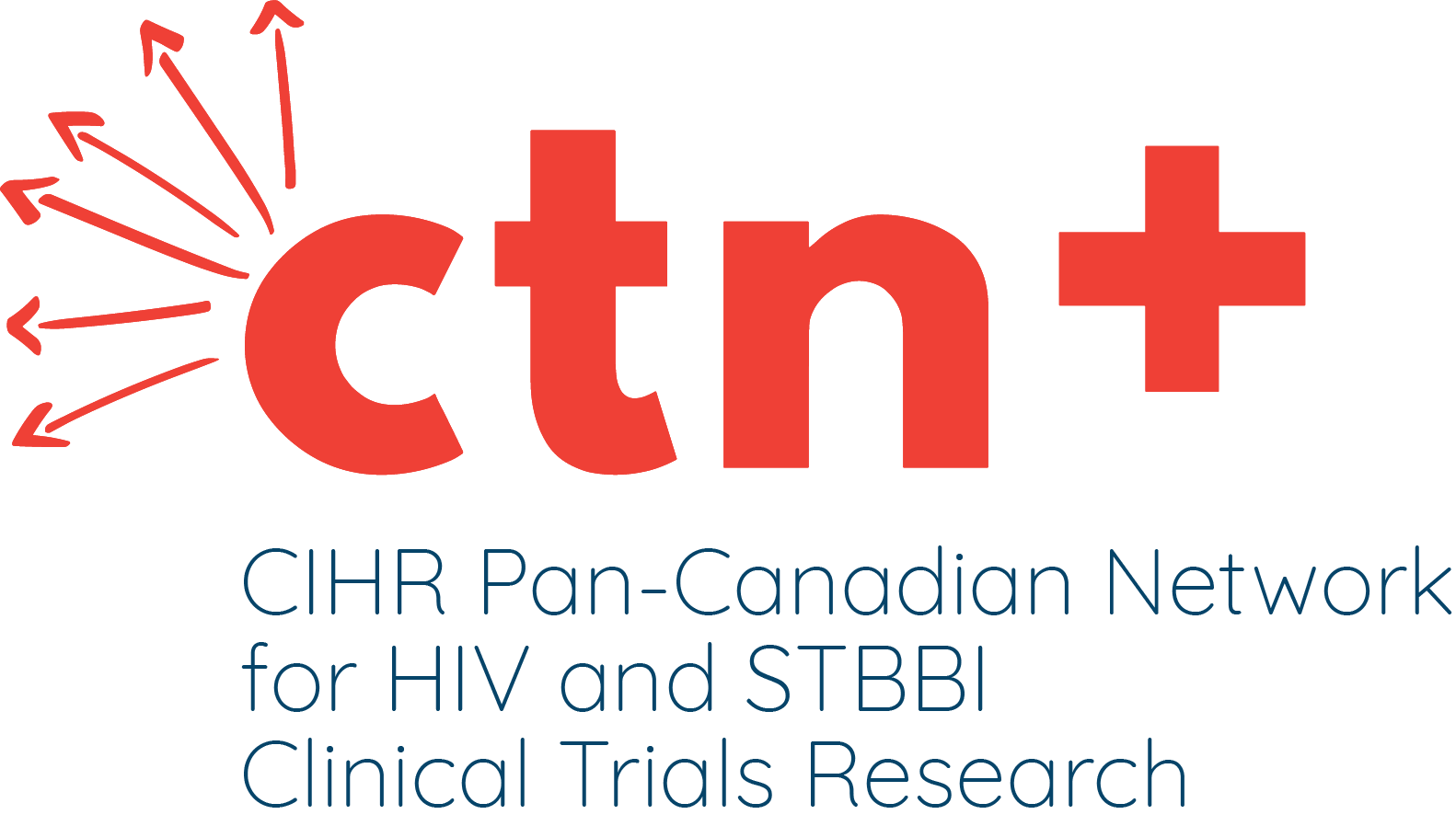Many chronic conditions are linked to an increased risk of mental health issues, and HIV is no different. People living with the virus are at higher risk of developing mental health conditions, such as depression and anxiety. Conversely, people living with mental health issues may be at higher risk of contracting HIV.
“Anxiety, depression, and substance use can increase the risk of HIV and other sexually transmitted and blood-borne infections (STBBIs) by decreasing HIV-negative people’s ability to assert themselves sexually and protect themselves against infection through the use of condoms and PrEP. For people living with HIV, these problems can make it more difficult to stick with HIV medications to get to a suppressed viral load,” explained Dr. Trevor Hart, Co-Lead of the CTN’s Prevention Core.
And for people who are already living with HIV, mental health problems can be exacerbated. People may feel heightened stress or anxiety around their health or disclosing their status. They might experience depression or anxiety due to social isolation, medications, or family history. There are so many social factors that can affect the mental wellbeing of people living with HIV, with stigmatization, discrimination, and misinformation remaining all too prevalent in society. And as we continue to endure the pandemic, some of these issues may be becoming more common.

Christian Hui, a member of the CTN’s Community Advisory Committee, commented “COVID has really exacerbated feelings of loneliness and social isolation. For many people, particularly those aging with HIV, the technologies needed to access the virtual versions of services they previously used in-person may not be available or accessible. And oftentimes, virtual events just don’t measure up to physically seeing and interacting with others.”
COVID-19 has also impacted people living with HIV in ways other than social isolation. Christian reflected on people who we have sadly lost over the past two years. Some from COVID, and some not.
“Having to manage that grief and that sense of loss is hard,” they said. “Plus, for many people who have been living with HIV for a long time, COVID has brought back some emotions from the early days of HIV and AIDS. While some are pretty resilient and have faced the pandemic with an attitude of ‘I’ve already lived through this. This is nothing new to me,’ for others, it’s been traumatic.”
Looking for support
Effective services are vital to supporting the mental health of people at risk of, or living with, HIV in order to reduce their chance of contracting or transmitting the virus, as well as generally supporting their overall health. These resources are needed now more than ever.

Dr. Hart, who is also a psychologist and director of the HIV Prevention Lab, said “Psychotherapy and other counselling programs can help people who are at risk of contracting or transmitting HIV to manage their stress, increase their self-confidence, and protect themselves against HIV and other STBBIs while still enjoying a fun and intimate sex life.”
However, many people may not be accessing these services; only half of people living with HIV in Ontario received mental health care from a primary care physician or psychiatrist over a six-year period. In the same study, people who identified as gay, lesbian, or bisexual, had low income or basic education only, or were immigrants or non-native English speakers were significantly less likely to access care.
“Due to the shortage of available mental health professionals within the health care system, accessing mental health services can often be challenging for people living with HIV,” said Christian. “Meanwhile, a lot of community-based HIV/AIDS service organizations may not necessarily have counsellors or therapists, and frontline support workers and peer workers may not be equipped to provide clinical counselling.”
Some of these barriers could be overcome with better integrated care for people living with HIV or who are at risk of contracting the virus.
“In an ideal world, the mental health sector would provide psychotherapy and counselling programs that integrate mental health and sexual health so people can enjoy a good quality of life and have a safe and healthy sex life,” stated Dr. Hart. “These interventions would be best implemented in both mental health settings, like psychotherapy offices, and in sexual health settings, such as HIV and sexual health clinics.”
Accessing the right kind of care
When making formal, integrated physical and mental health care more widely available, there are many factors to consider in terms of acceptability, affordability, and accessibility.

Dr. Hart expressed that “we need to break down the barriers between silos of health care, as these barriers lead to missed opportunities to promote health and prevent illness.” He continued: “Service providers need to educate themselves on how to identify mental health problems among people living with HIV and people at risk for HIV, and to provide referrals to service providers who can help.”
Since not all mental health problems can or should be addressed with medications, these referrals need to include counselling alongside programs to promote social support and decrease social isolation.
Dr. Hart is aiming to provide just that through CTN 318: Sexual Confidence randomized controlled trial. The study is looking into the effectiveness of using cognitive-behavioural therapy combined with HIV risk reduction counselling to simultaneously treat social anxiety disorder, substance use disorders, and HIV sexual risk behaviour among gay, bisexual, and other men who have sex with men (gbMSM).
“Right now, we are collecting data in the Greater Toronto Area using online psychotherapy to help HIV-negative gbMSM reduce anxiety in social situations and have healthy and enjoyable sex lives,” Dr. Hart said.
But supporting mental wellbeing is not all about formal care and interventions. It also involves informal yet vital support and social connections.
“Mental wellness is connected to our holistic health. Our physical, our emotional, our psychological, our spiritual, our relational wellbeing. We need to have the option to connect with others as an individual, a family member or friend, a peer, and also as a sexual being,” explained Christian. “People living with HIV need a positive environment where we can just be ourselves and talk about not just life with HIV, but everything else we have going on.”

If you are looking for mental health support, or know someone else who is, consider speaking to a doctor or another trusted professional. Some resources can be found below:






